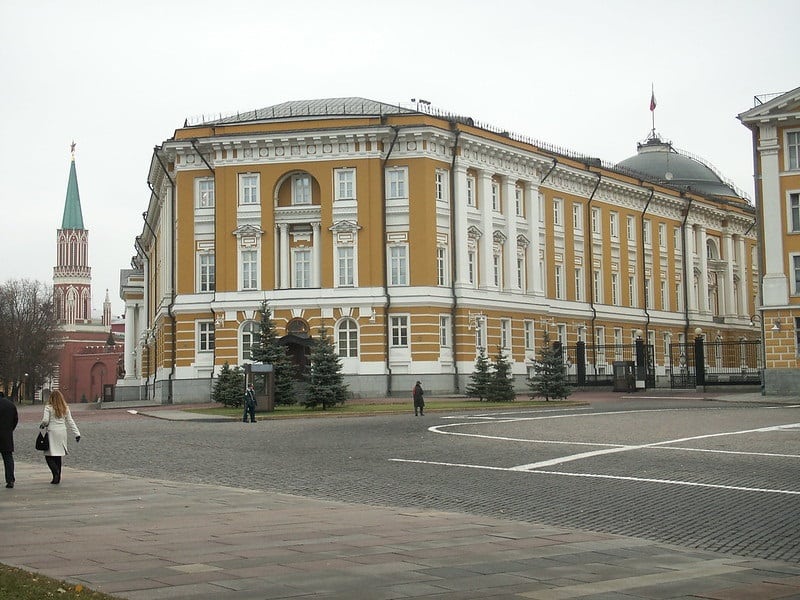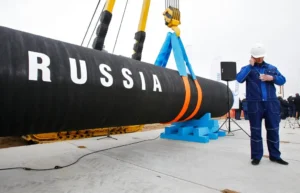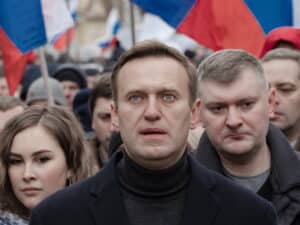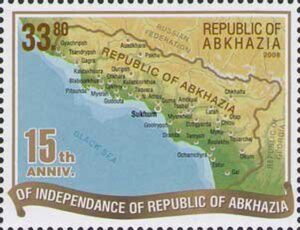On the 28th of December Russia’s International Memorial was ordered to shut down by a Moscow court, followed by its sister organization Memorial Human Rights Centre on December 29. Both organisations were ordered to disband for failing to operate according to their designation as “foreign agent”.
The role of Memorial
International Memorial was set up more than 30 years ago in an effort to document and keep alive the memory of Stalin-era crimes, and has offices across the former Soviet Union. Later, it began researching modern-day abuses of power as well, and the Memorial Human Rights Centre came into existence. The Human Rights Centre keeps a running list of individuals it classifies as political prisoners, including Kremlin critic Alexei Navalny, Jehovah’s Witnesses and Muslims convicted of terrorism that Memorial says were victims of “unproven charges”.
A return to Soviet Era?
The closure of the Memorial organizations bookmarks a year of crackdowns on Kremlin critics, including the jailing of Navalny. Memorial’s human rights wing has now listed over 400 political prisoners, and an increasing number of independent groups and media are labelled as “foreign agents”. As a result, Russia’s civil society is continuously being hollowed out.
Some critics now view the closure of Memorial as the ultimate symbol of how Russia is turning back to its Soviet past when there was zero tolerance for dissent. In court, the prosecutor labelled Memorial a “public threat”, and accused the organization of serving the West by focusing on crimes in Russia’s history, rather than highlighting a “glorious past”, a verdict viewed as fully in line with the Soviet era.
Reactions to the verdict
The United States, the European Union, Australia, Canada and Great Britain have condemned the court decision to shut down Memorial. “For more than three decades, Memorial has fulfilled a unique role in documenting historical crimes and recovering for posterity the memory of the tens of millions of victims of political repression in the country,” the countries said in a joint statement. The UN human rights office and Amnesty International joined in the critique, calling the closure of Memorial an insult to victims of the Russian Gulag and a blatant attack on civil society.
Moscow claims that with the closure it is simply enforcing laws to thwart extremism and shield the country from “malign foreign influence.” The group’s social significance could not be an excuse for breaking the law, according to the justice ministry.
Memorial supporters chanted “Shame! Shame!” outside the court as the verdict was announced and following the definite verdict, International Memorial said it would challenge the ruling. Furthermore, the head of Memorial Human Rights Centre has stated that he and his colleagues would continue their work despite the court rulings.
Sources: Reuters, Reuters2, Reuters3, Amnesty, CNN
Photo: Flickr



